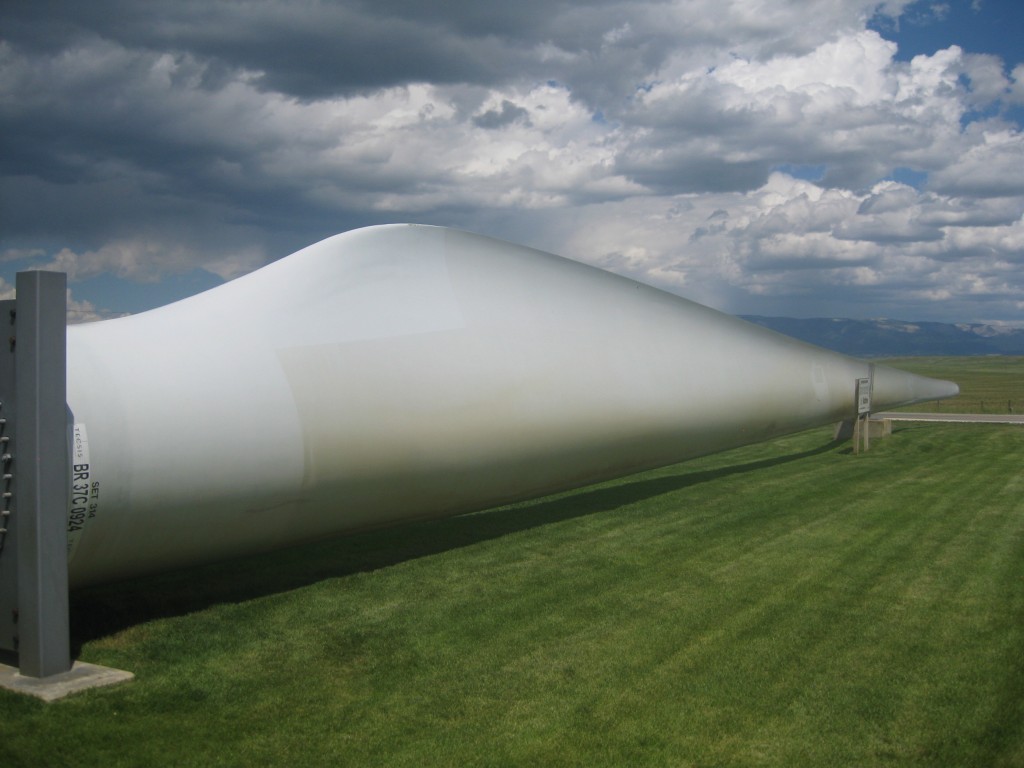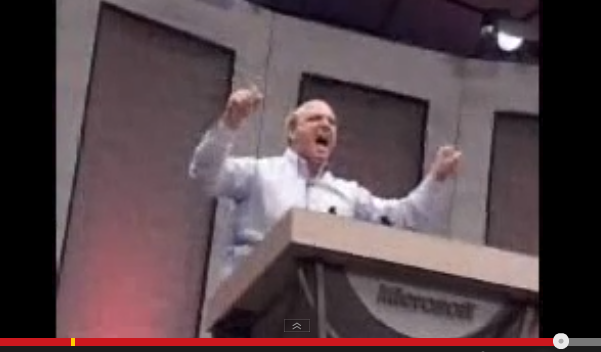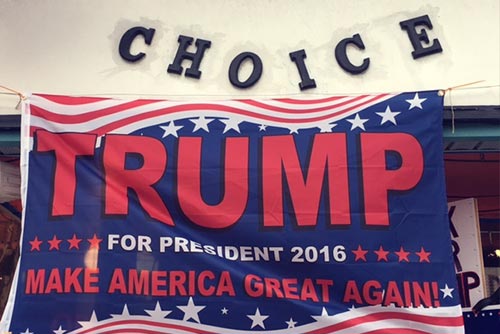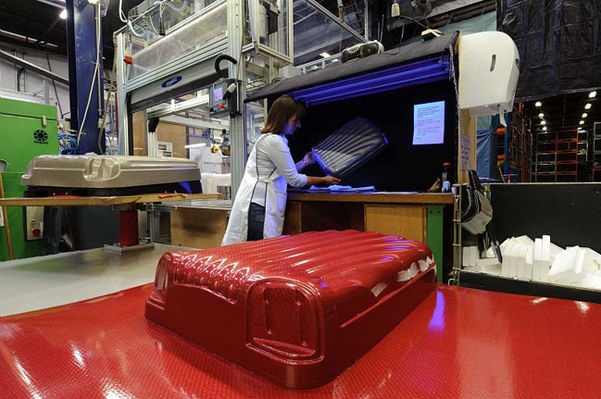

Turning the USA into a green economy seemed for a long time a mission impossible. The craving for fast food, credit and gas was considered to be part and parcel of the American dream and DNA. In addition, the abundance of land in the US didn’t promote optimal or sustainable land-use. Large parts of the agricultural land are not in full use. Farmers farm in circles instead of using the full square foot or meters available thanks to irrigation equipment that circles the fields. That is quite a difference with the Netherlands where every meter is welcomed and well-kept. So when President elect Obama announced his ambitions for a green(er) America, many were pretty wary about the chances of success.
I love traveling the US highways and byways and have been fortunate to visit many US states. This time around I have found quite a few examples that seem to contradict my previous experiences with wasteful Americans. Instead of asking more for less (the mainstream response), I’ve found increasingly situations where people settle for less in quantity but more in quality.
Less plastic and paper waste and lesser portions at the dinner table, for example. Organic or homemade foods and low-calorie options have even entered the menus of local diners. Water saving policies are implemented at restaurants and hotels. More bicycles and less Hummers on the streets.
Small-scale shale gas, windmill farms and solar panel fields increasingly dominate rural areas, next to good old oil pumpjacks. Farmers are getting paid for not working the land for agricultural use since there is overcapacity in the market. Such land is better used for green energy initiatives.
Crossing various states in the USA I can see President Obama’s green dream become a reality. No doubt, this development is in its core triggered by plain economics and people’s bank accounts and not by long-term concerns about he earth’s future. But I dare say that many American citizens consciously choose to take good care of their lands. More and more states and cities are pursuing new localised economic strategies that incorporate their local heritage as well as their entrepreneurial spirits. “For this land is your land, this land is my land, from California to the New York Island!” As far as I can tell, green economics is on its way and its here to stay.



